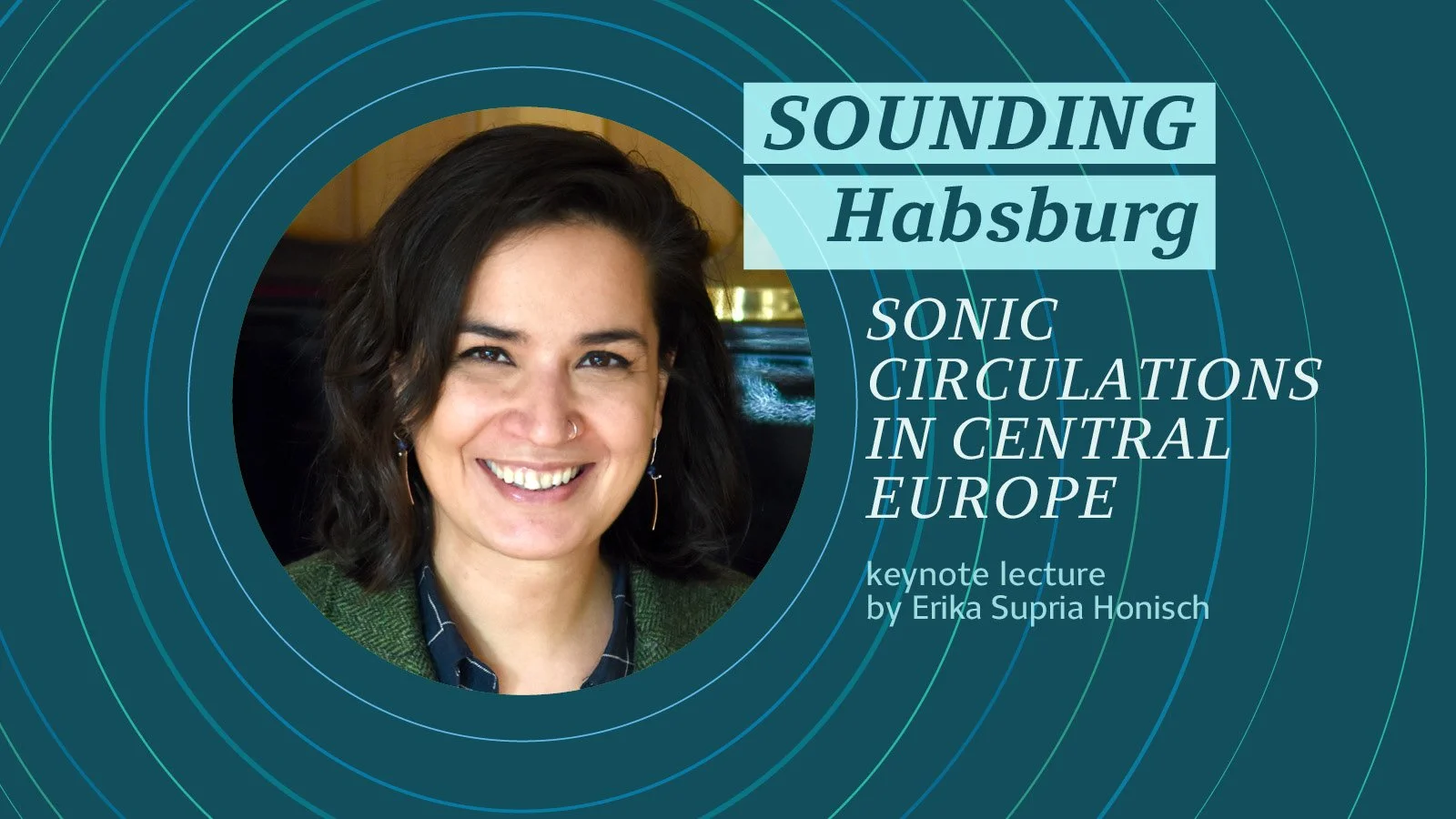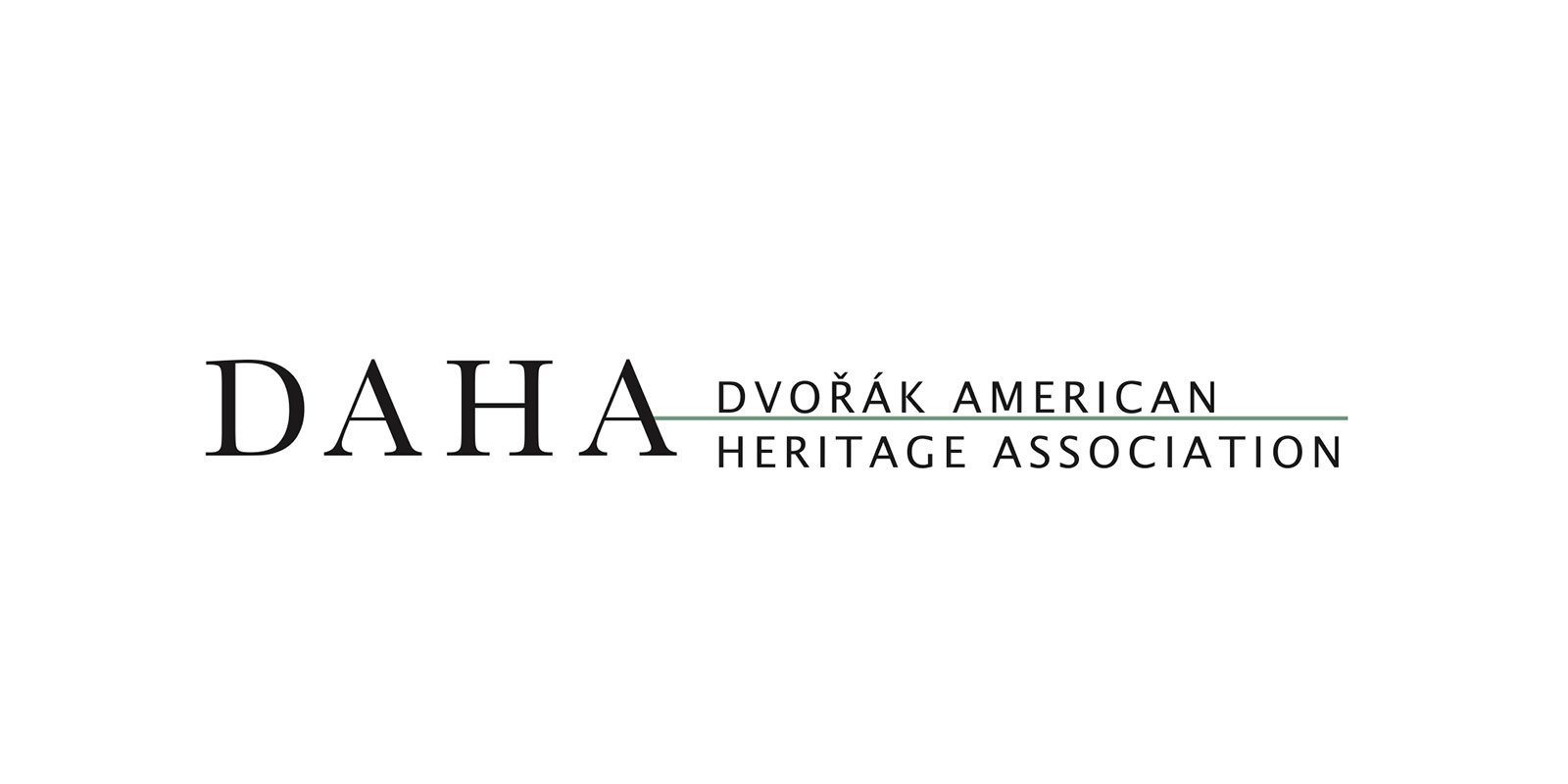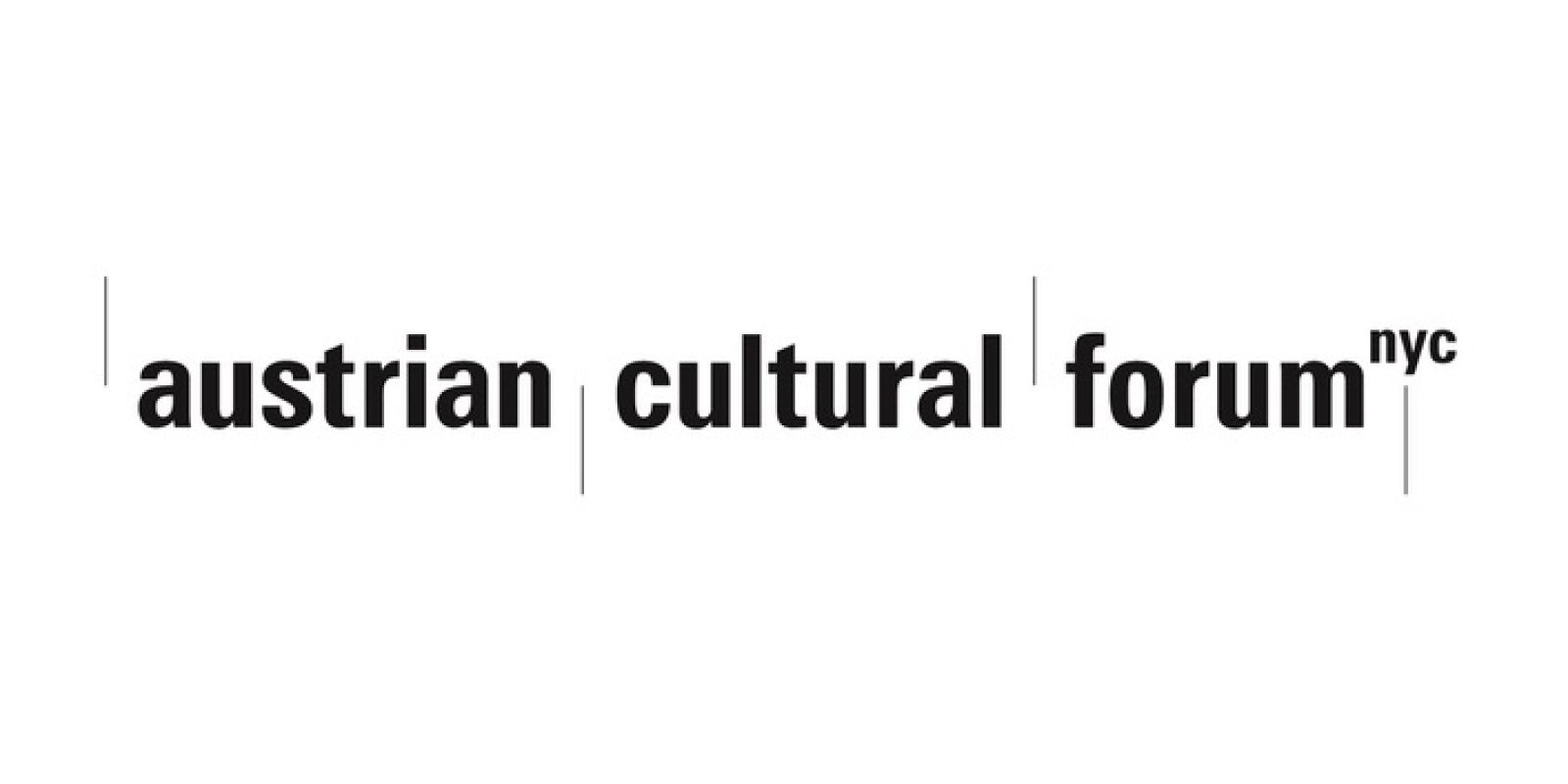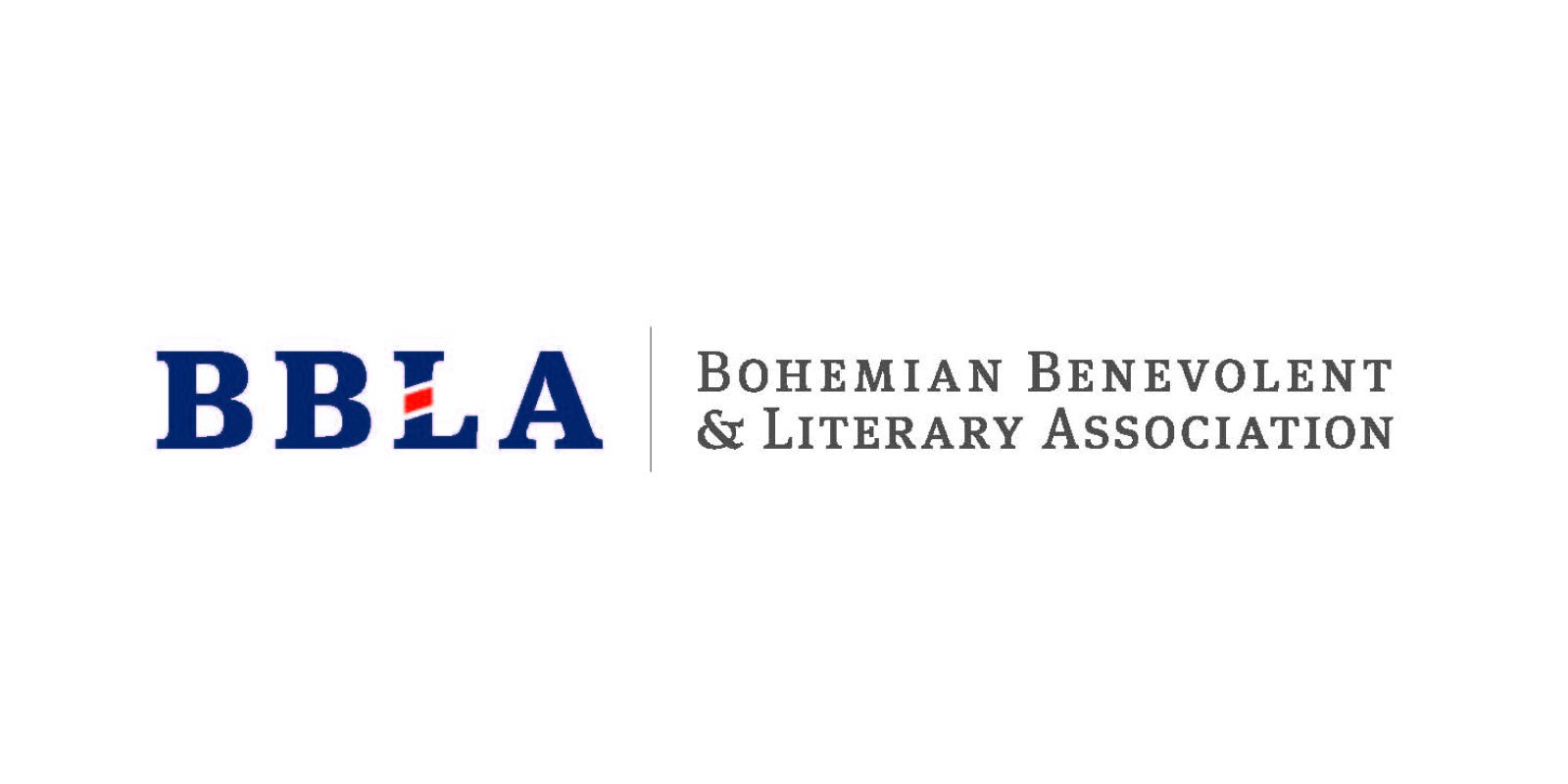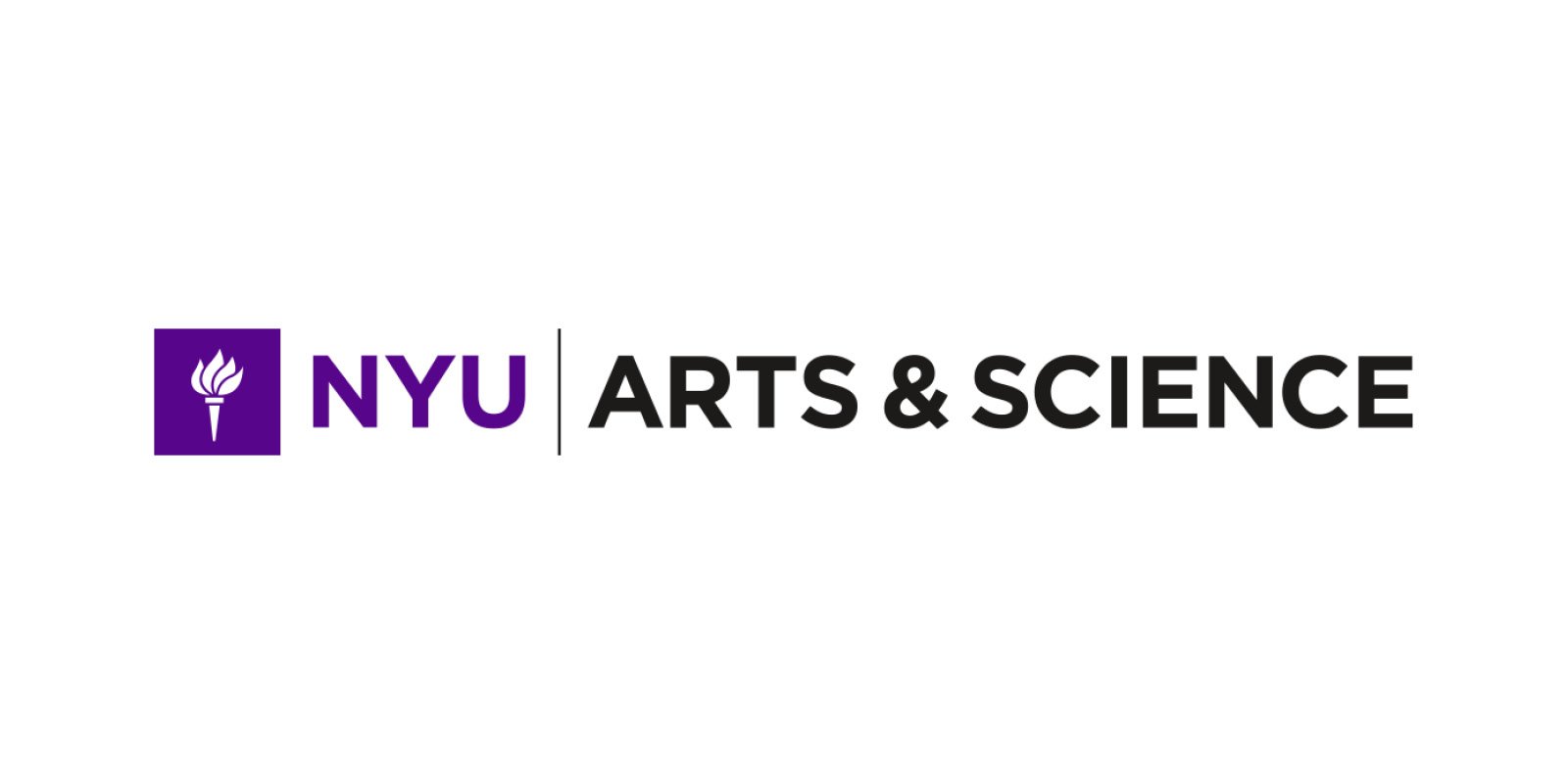Sounding Habsburg: Sonic Circulations in Central Europe
Friday, April 22 // DAY 1 // 9:30 am – 5:00 pm
9:30 – 10:00 AM
Introduction
Michael Haider, Director of the Austrian Cultural Forum NYC
David Catchpole, Co-organizer, Dvořák American Heritage Association/Texas State University
10:00 – 11:30 AM
Panel 1: Identity at a Distance, Chronologically and Geographically
Chair: Michael Beckerman, New York University
Marie Sumner-Lott, “The Presence of the Past, the Pastness of the Present: Nationalism and Medievalism in 19th-Century Histories of Music”
Sarah Sabol, “Was Isaac an Austrian?: The Construction of National Musical Identity in the Denkmäler der Tonkunst in Österreich”
Catherine Mayes, “Staging Hungary at the Habsburg Court: A Snapshot from 1781”
11:30 AM – 12:30 PM
Roundtable: Ukraine, the Habsburg Empire, and the Concept of the “West”
Leah Batstone, Dietmar Friesenegger, Vadym Rakochi, and Michael Beckerman
12:30 – 1:45 PM
Lunch Break
1:45 – 3:45 PM
Panel 2: Definitions and Complications of “Habsburg Austria”
Chair: Brigid Cohen, New York University
Michael Haas, “Greater-Austria vs. German-Austria”
Leah Batstone, “‘Vienna of the East’: Musical Pluralism in Lemberg”
Timur Sijaric, “Audiovisual Representation of Habsburgs in Wien-Film and its Afterlife”
David Brodbeck, “Ruminations on the Social Identities and Self-Perceptions of Some Late Habsburg Composers”
3:45 – 4:00 PM
Coffee Break
4:00 – 5:00 PM
Keynote Lecture
Erika Supria Honisch, “Celebrating Habsburgs and Misplacing Manuscripts in Guido Adler’s Musical Empire”
Bohemian National Hall and the Dvořák American Heritage Association require all attendees to in-person events, such as concerts, lectures, etc., to show proof of vaccination (2 doses of Pfizer/Moderna or one does of Johnson and Johnson, and at least one booster shot) and wear a mask at all times while on premises, except when actively eating or drinking.
Conference Partners
The Sounding Habsburg conference is organized by the Dvořák American Heritage Association and supported by the Bohemian Benevolent and Literary Association, Austrian Cultural Forum New York, Virginia Tech, and New York University.
